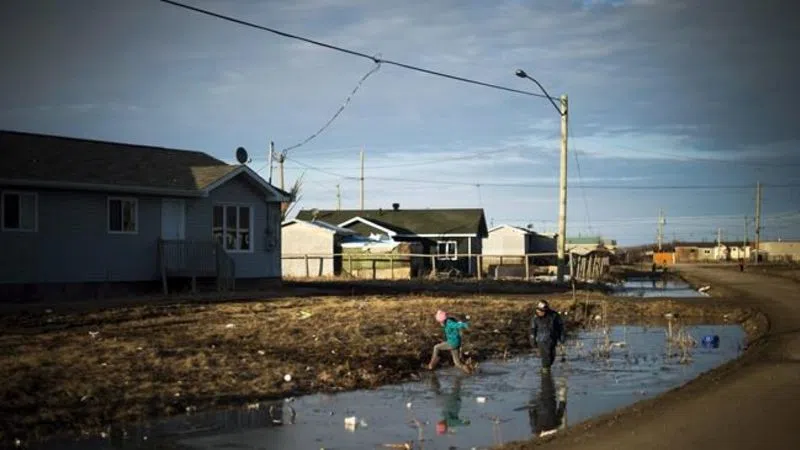
Court tosses federal bid to quash deadline on child welfare payments
OTTAWA — The federal government has lost its bid to delay a deadline for compensating First Nations families torn apart by an underfunded child welfare system, as part of a Federal Court decision that looks to ensure children affected receive payments promptly.
The Canadian Human Rights Tribunal had ordered the government to pay $40,000 to all Indigenous children who were inappropriately placed in foster care because of underfunded family services on reserves, as well as to the parents or grandparents who had them taken away. Compensation was also ordered for children who were refused essential services.
The tribunal set a Dec. 10 deadline for the government to submit a payment plan, and has since pushed it back to Jan. 29, 2020. The federal government wanted the court to remove any deadline and give it a chance to come up with a compensation package outside the confines of the order.
Federal Court Justice Paul Favel rejected that request in a ruling released Friday afternoon, saying he saw no need to grant a further extension.


